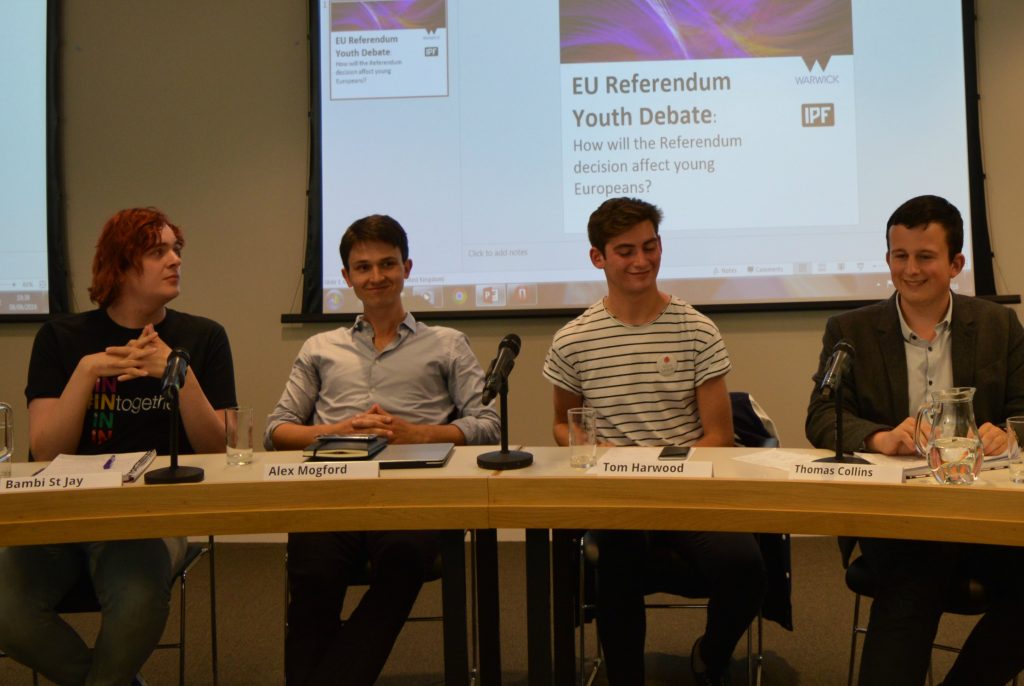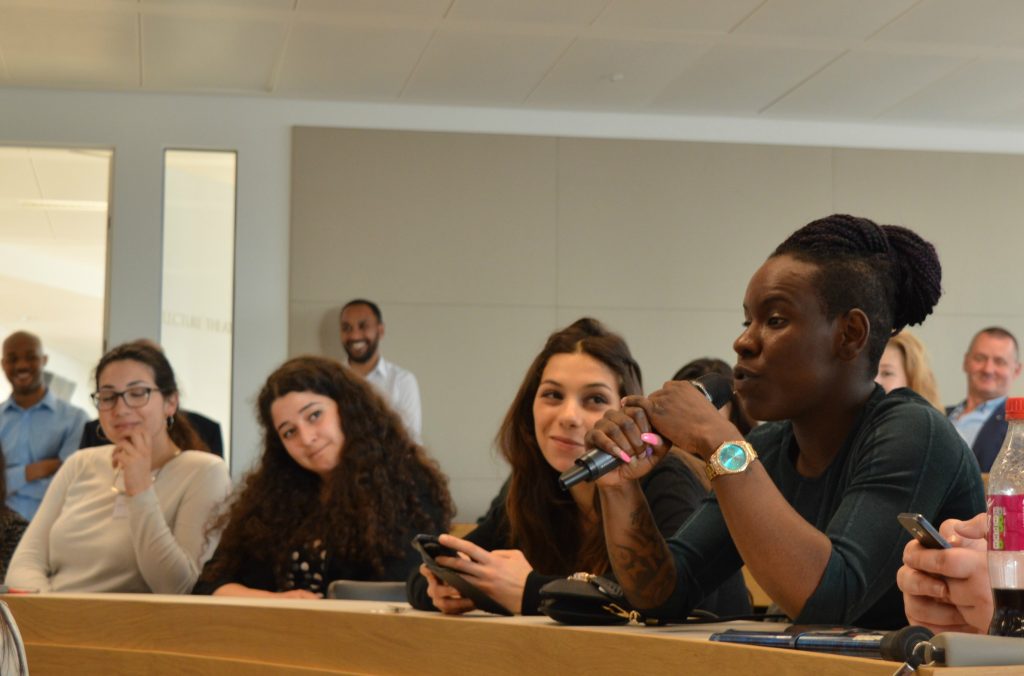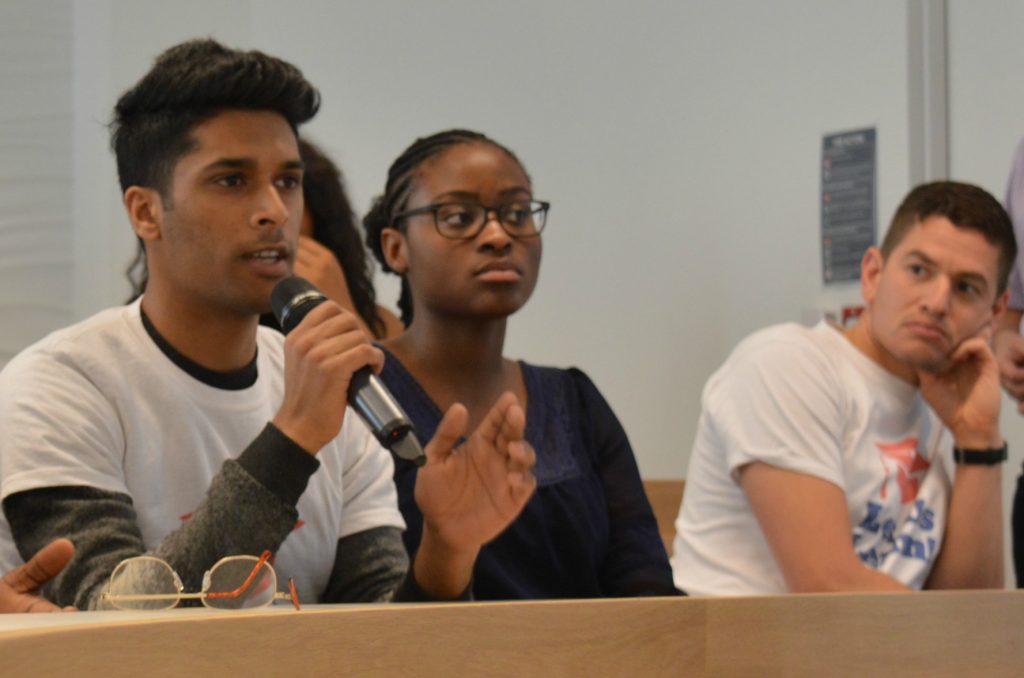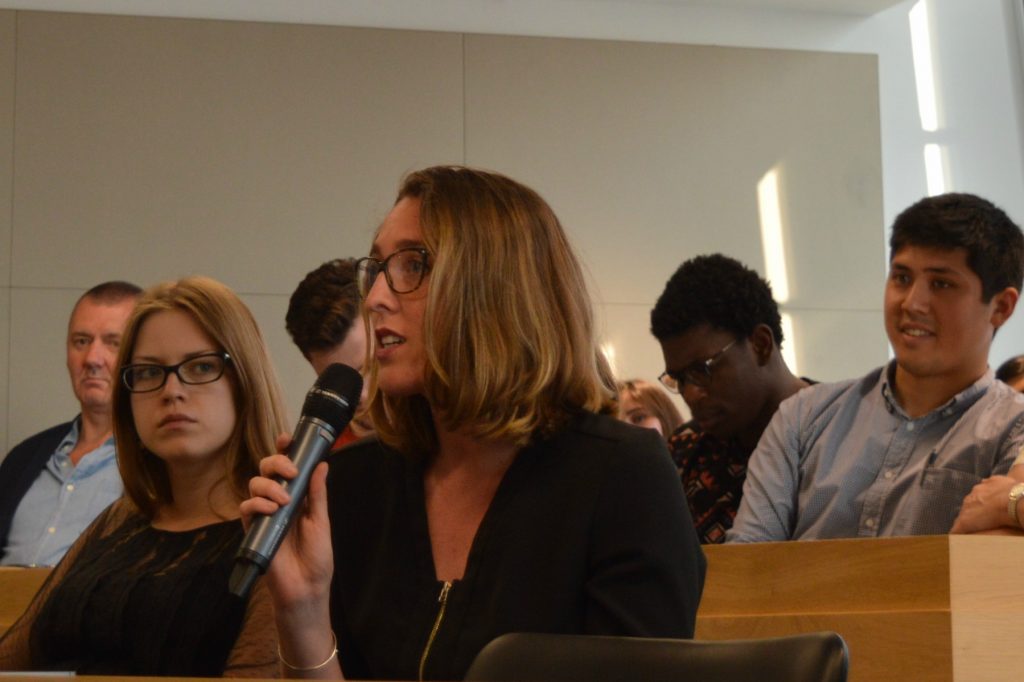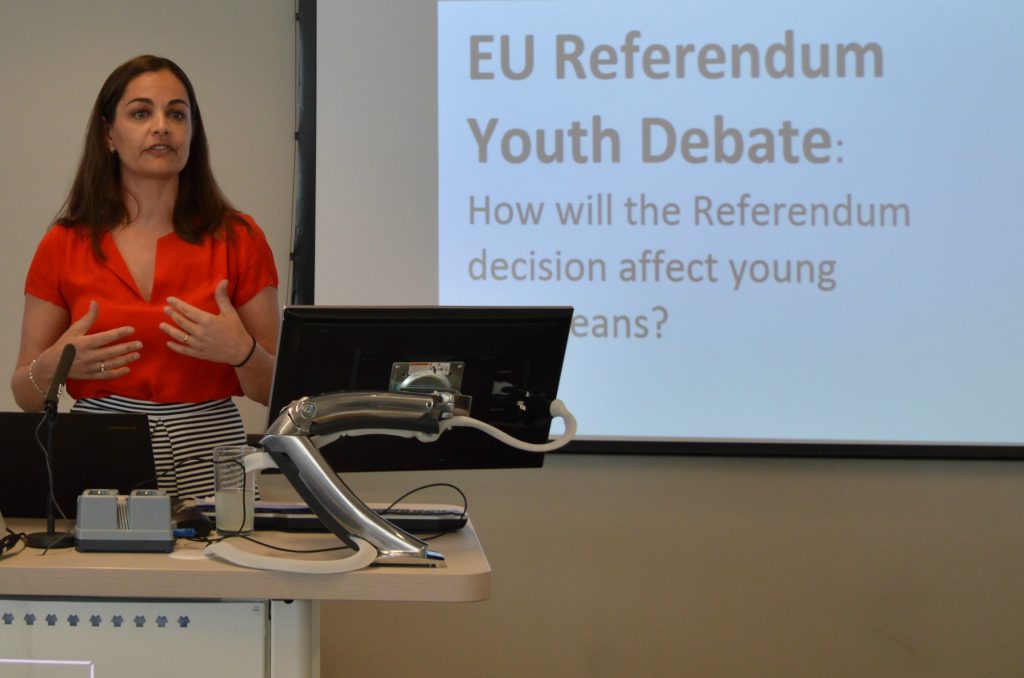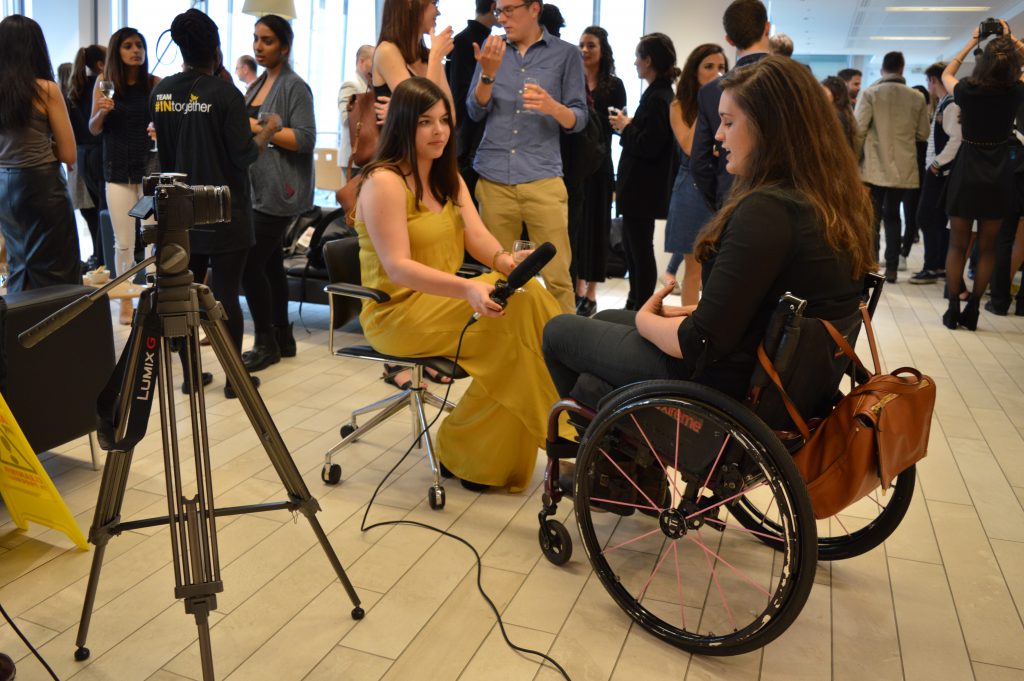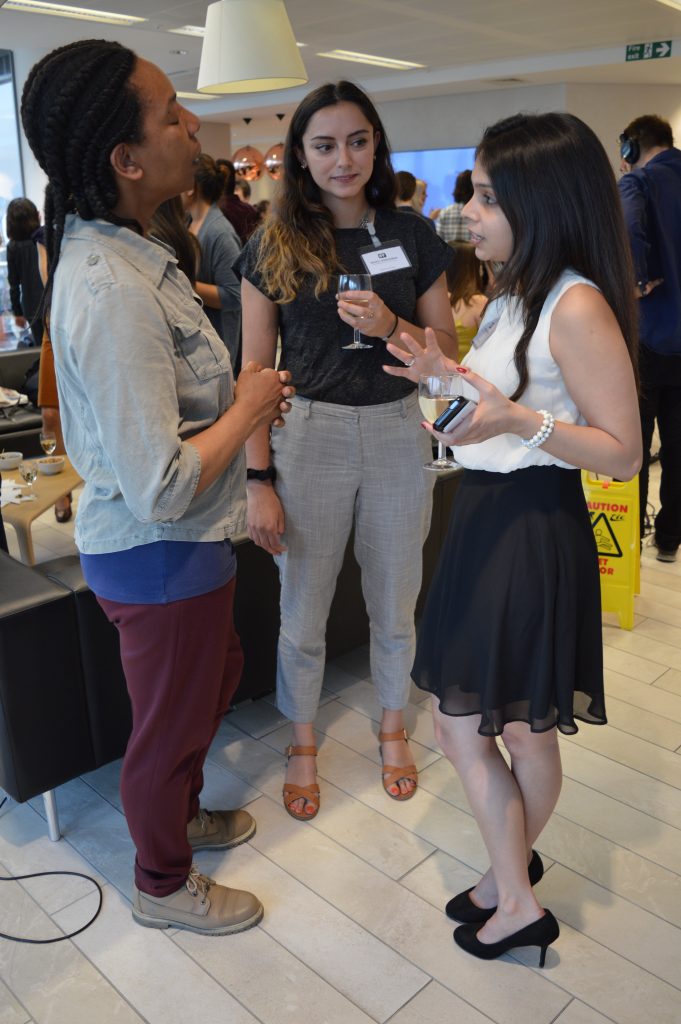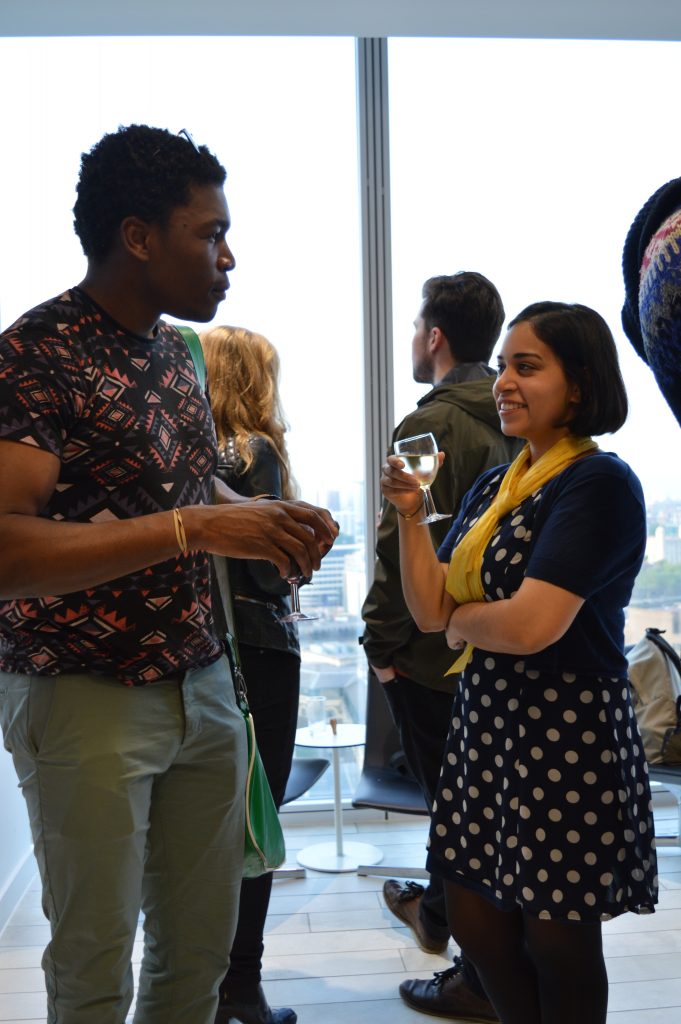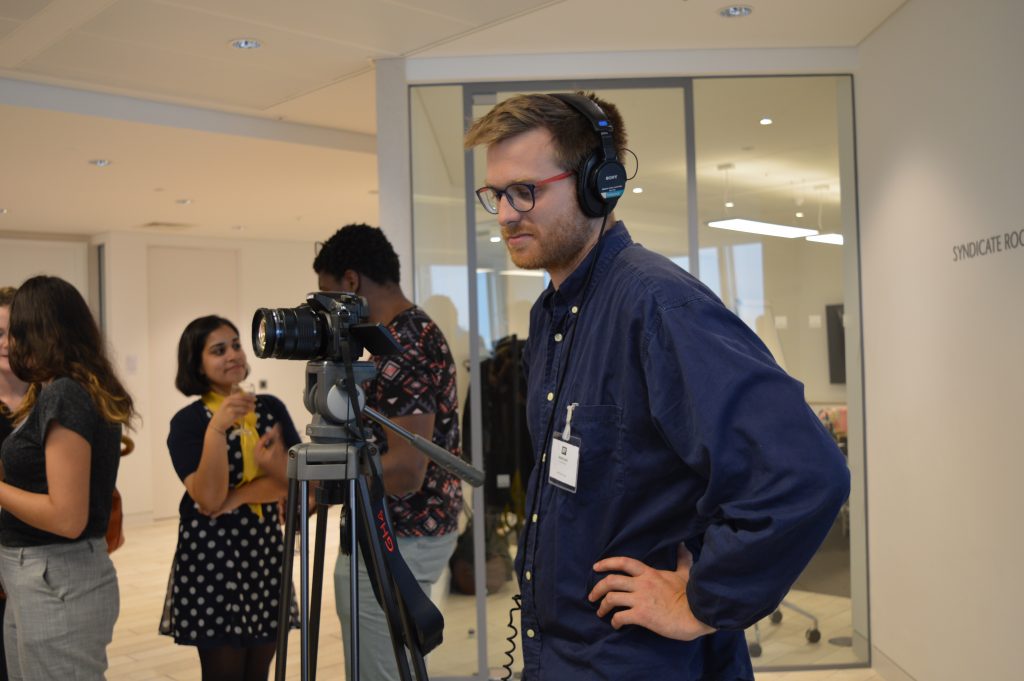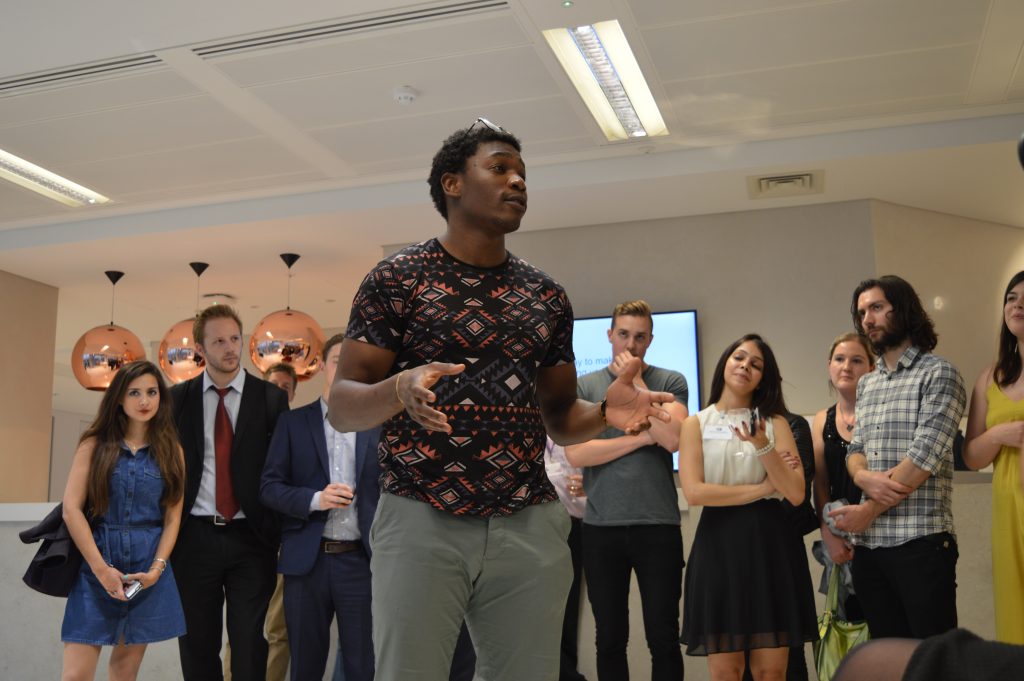“When it comes to the EU referendum, the IPF is backing young people and their decision – whatever it may be. So get out there and vote.”
Over the last few days a number of the United Kingdom’s leading publications have come out with their official stance on the EU referendum: Remain or Leave.
With the Observer, the Guardian and the Mail on Sunday backing a vote to remain and the Daily Mail, Sunday Times and the Sunday Telegraph voicing arguments for a Brexit, the question surfaced: What side of the debate does the IPF lie on?
On 8 June, we hosted our very first event – an EU Referendum Youth Debate. Annoyed by the jargon, complicated statistics, and scaremongering that had plagued the mainstream referendum coverage, the team decided to host their own debate on it; one that would allow young Europeans to engage in the debate, as well as understand the implications behind a decision to remain or leave.
We realised that the only way to have this debate in an effective way, one that would stand out from all the other information out there, was to put young people at the heart of every aspect of the event: young organisers, a young panel, and a young audience.
Within three weeks, we were somehow able to secure an incredible event partner in Warwick Policy Lab, book a beautiful room at the Shard, string together a highly enthusiastic young panel, and engage 150 politically motivated youth to come along and ask the important questions about aspects of the referendum that they most cared about.
We were unsure about how many people would actually turn up on the day – we had only really advertised the event amongst our own networks and when you host a free event, last minute cancellations are inevitable. There was no way around this. We were firm on the notion that we wouldn’t be charging people to attend this debate. We wanted the event to be accessible to young people across all backgrounds.
We wanted it to be an event that would finally empower young people and engage them in the debate in a meaningful way, and we didn’t believe it was possible to charge young people to empower them. So we took a leap of faith and went into it hoping people would see the benefits of an event like this and would come along.
Watching the room fill up with all those young faces was truly inspiring.
The event grew bigger than we ever imagined it would, even sparking some media interest from channels such as Euronews and NHK, a prestigious Japanese television station. Throughout the evening, I watched young people be interviewed on their referendum views by different camera crews. I watched them challenge and question our panel. And I watched them completely shatter the myth that young people aren’t engaged in politics.
I’m particularly proud of the fact that this debate wasn’t a traditional debate. Instead of listening to the panel members argue with each other for one hour, our lovely panel had the chance to present their opening statements, after which the floor was immediately opened to our audience. From the very beginning of the debate, our young audience played a central role. They shaped the debate – they decided the direction of the discussion and chose which topics to cover.
The diversity in the audience ensured that we covered a range of topics, all of which our young panel members addressed with confidence, dignity, and hard-hitting facts.
Our panel might not have been made up of “experts”, but they certainly impressed the room with their knowledge. It was an absolute pleasure to speak to people during the drinks reception and hear them congratulating the panel members for the way they answered the questions, despite the fact that they disagreed with some of their points. It was even lovelier to hear them say that the panel members were polite but firm, with some saying this had been the most respectful EU referendum debate they had heard since campaigning began.
My personal highlight of the night, however, was the fact that one of our young audience members registered to vote after sitting in on the debate.
Since the deadline for voting had almost passed, most people had already registered to vote. But just the fact that we managed to register at least one young person, to me, illustrated entirely what IPF stands for. That is the reason we want to continue hosting events like this one: to reach out to those young people who haven’t been engaged before, and help them find a reason to want to get involved.
Which brings us back to the main question: what side of the EU referendum debate does the IPF lie on?
Having thought about it considerably, and having witnessed the energy in the room during the Youth Debate, our stance is this: We want to see young people on the electoral register. We want to see young people going to the polls on 23 June and voting. We want to see young people taking their future into their own hands and making this decision. Whether you vote Leave or Remain, it doesn’t matter.
Until we start showing up in large and enthusiastic numbers – the way we did at the Shard on 8 June – we are never going to be taken seriously by our politicians.
When it comes to the EU referendum, the IPF is backing young people and their decision – whatever it may be. So get out there and vote.
Here’s what our team and panellists had to say about the event:
Natasha Lipman, IPF Founder and Director:
“The energy, passion and level of knowledge on display at debate proved that it’s impossible to tar all young people with the ‘uninformed and unengaged’ brush. It has been really rare during this referendum process to see a youth debate by and for young people, where the panel talking about youth issues actually consisted of young people – so that was really refreshing to see! We also had an incredibly diverse audience, and the questions, comments and debates flew thick and fast. In fact, I don’t think any of us were ready for it to end after an hour and a half! The conversation continued long after the debate ended, with many people staying for hours to network and share their thoughts on the important referendum issues. The whole team were so impressed with the level of debate, respect and passion that shone through on Wednesday night. And the view from the Shard wasn’t bad, either!”
Catarina Demony, IPF Managing Editor:
“As a young Portuguese woman living in the UK, I felt like my voice wasn’t being heard. This youth debate changed that. Young people, both from the UK and other European countries, came together to speak about issues that matter to them. We heard from the LGBT+ community, people with disabilities and BME. We also heard from young Europeans who, like myself, are worried about their future in the country. Our panelists weren’t experts, but they were passionate – and that’s the most important thing. They did their research and spoke from the heart. They engaged with the audience and clearly explained how the EU referendum result will have an impact on young Britons, but also on people like me, who work and study here in the UK. As Managing Editor for the IPF, I’m committed to keep on showing the world that young people do care and do have the power to shake things up.”
Bambi St Jay, Liberal Youth, Pro-EU panelist:
Thomas Collins, UKIP Students, Pro-Brexit panelist:
“It was great to put the positive case for leaving the European Union to young people. A number of people I spoke to afterwards who were set to vote to remain in the EU prior to tonight, were persuaded to at least consider voting to leave the EU on June 23rd after hearing our arguments for it. It shows once again how valuable events like this one are in allowing people to hear both sides of the debate”


